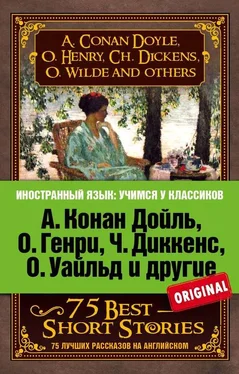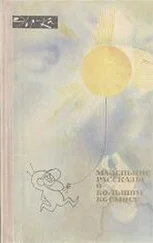the Pau-Biarritz district– a district along the Bay of Biscay in southwestern France, near the Spanish border
the Homburg-Wiesbaden district– a district in the south and southwest of Germany
Bayonne– a town in southwestern France
Leicestershire– a county in England, in the East Midlands region
Venetian blind– a wind screen made of horizontal stripes of wood or plastic
barograph– a barometer that records changes of barometric pressure
tourbillon– whirlwind, turbulence (French)
Mannheim– a city in southwestern Germany on the Rhine River, famous for the manufacture of instruments and equipment
aerolite– a stony meteorite
the Bristol Channel– an inlet of the Atlantic Ocean separating England from Wales
crepuscular– seen during twilight
Northman– 1) hist. a Viking, a Scandinavian seafaring warrior; 2) a Danish, Norwegian or Swede.
India ink– special black-colour pigment mixed with gum or glue, used for drawing or writing
after-deck– a deck at the stern
chart-room– navigator’s room
chronometer– a timekeeping device used for determining longitude at sea
Rotterdam– a city in the Netherlands and one of the major European ports, first mentioned in 1283
pullman– a sleeping car used on railroads, invented by George Pullman (1831–1897), an American industrialist and inventor
San Antonio– a city in south-central Texas, founded in 1718 by Spanish explorers and named for St. Anthony of Padua
cashmere– a fine woolen fabric first made in Kashmir, India
the Rio Grande– a river in Texas, US, and Mexico, one of the longest rivers in North America; it flows to the Gulf of Mexico.
mesquite– a deep rooted shrub or small tree in South America and in the southwest of the USA
maroon-colored– brownish-red
Apache– North American Indians who used to live in what is now southeastern Arizona and Colorado, southwestern New Mexico and western Texas
scalp-music– war music
Atchison, Topeka and Santana Fé Railroad– one of the largest railway companies in the United States, founded in 1859
Prometheus– in Greek religion, the god of fire and one of the Titans; the legend said that Zeus nailed him to the rock and sent an eagle to eat his liver as punishment for stealing fire and giving it to people.
Prometheus– in Greek religion, the god of fire and one of the Titans; the legend said that Zeus nailed him to the rock and sent an eagle to eat his liver as punishment for stealing fire and giving it to people.
Ixion– in Greek mythology, Zeus, to punish Ixion for murdering his father-in-law, bound him on a wheel which rolled without stopping
Hermes– in Greek mythology, the son of Zeus, and the god of cattle and sheep; he was also a dream god and the messenger of the gods.
Pall Mall– a broad road in central London between Trafalgar Square and St. James Park
Madeira– a fortified wine, originally from the Portuguese island of Madeira
Venus– in Roman mythology, the goddess of love
Salamander– an amphibian, a small lizard-like animal; it was once supposed that salamanders could live in fire.
Galileo Isaac Newton– the character of the story was christened after Galileo (1564–1642), a great Italian philosopher, astronomer and mathematician, and Isaac Newton (1642–1727), an English physicist and mathematician, one of the greatest figures of the scientific revolution of the 17th century.
Holborn-hill– Holborn is an area in central London west to the city.
quadrille– a dance for four couples in square formation, popular in the 18th–19th centuries
minuet– an aristocratic couple dance of the 17th–18th centuries
gavotte– a lively kissing dance that came into fashion in England and France in the 17th–18th centuries
fandango– a Spanish courtship dance of Moorish origin, popular in Europe in the 17th century
farinagholkajingo– a dance and the corresponding word invented by the author
negus– a drink of hot sweetened wine, lemon juice, water, etc.
the Serpentine– a part of a large curved lake in Hyde Park used for boating in summer and skating in winter
babel– a noisy and confused company
lorgnette– a pair of eye-glasses on a long handle
Harvard– the USA oldest higher educational institution, founded in 1636
Princeton– the fourth oldest university in the USA, founded in New Jersey in 1746
Yale– a private university in New Heaven, the third oldest in the US, founded in 1701
Williams– Roger Williams University in Nashville, Tennessee, US
Cornell– a university in Ithaca, a city in southcentral New York state, founded in 1862
New Haven– a city in south-central Connecticut, founded in 1638
the League of Nations– the organization for international cooperation, the predecessor of the United Nations Organization, created in 1919 and disbanded in 1946
Marie Antoinette(1755–1793) – the queen of France, wife of Louis XVI, executed during the French Revolution
Читать дальше
Конец ознакомительного отрывка
Купить книгу












